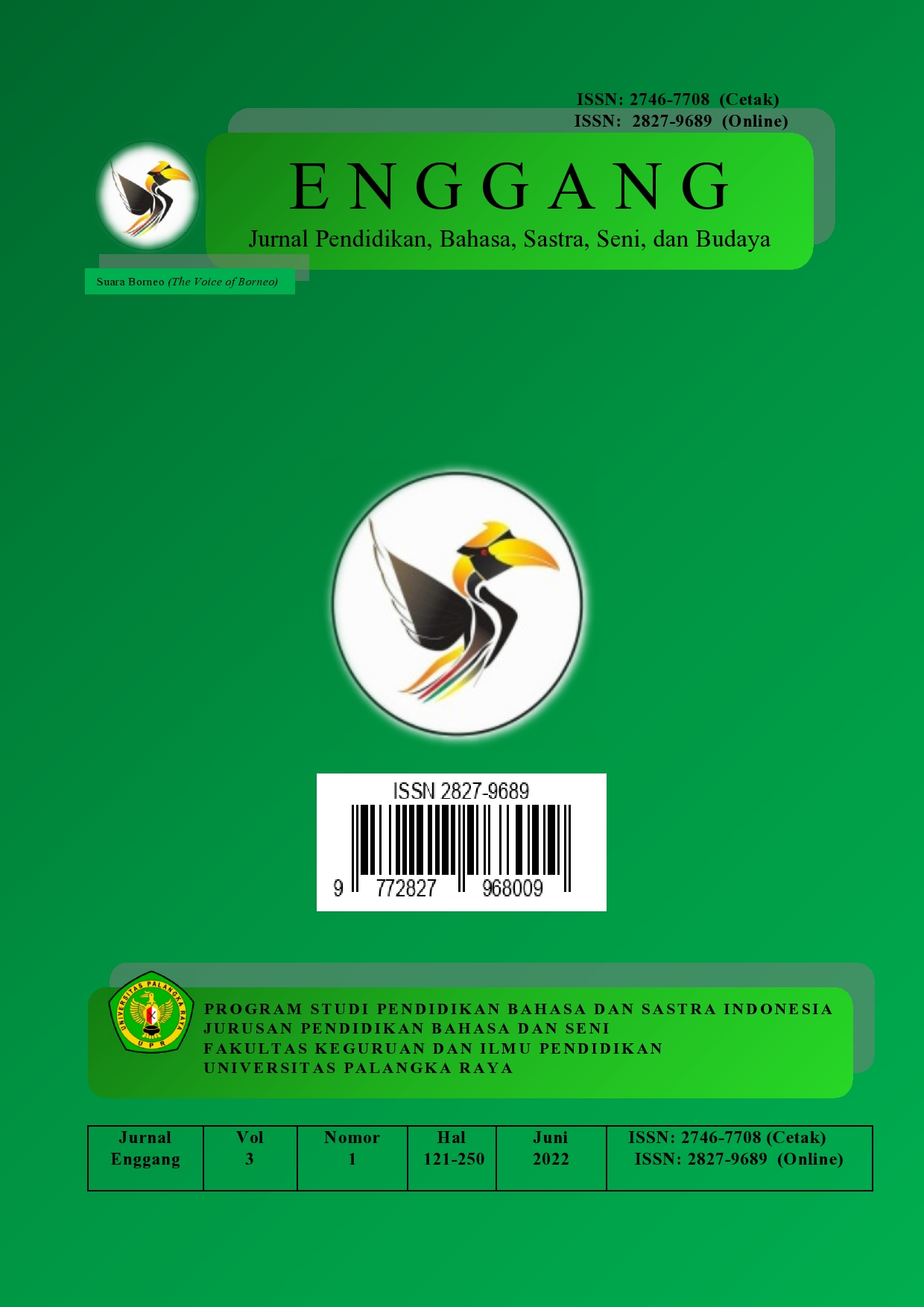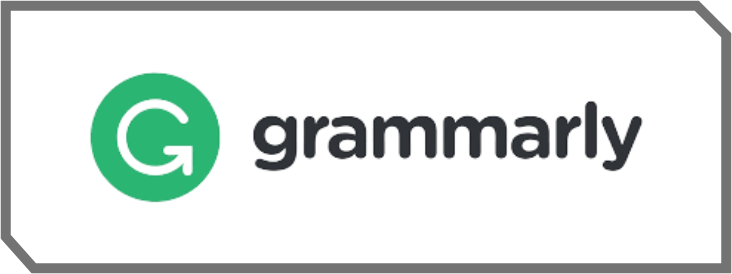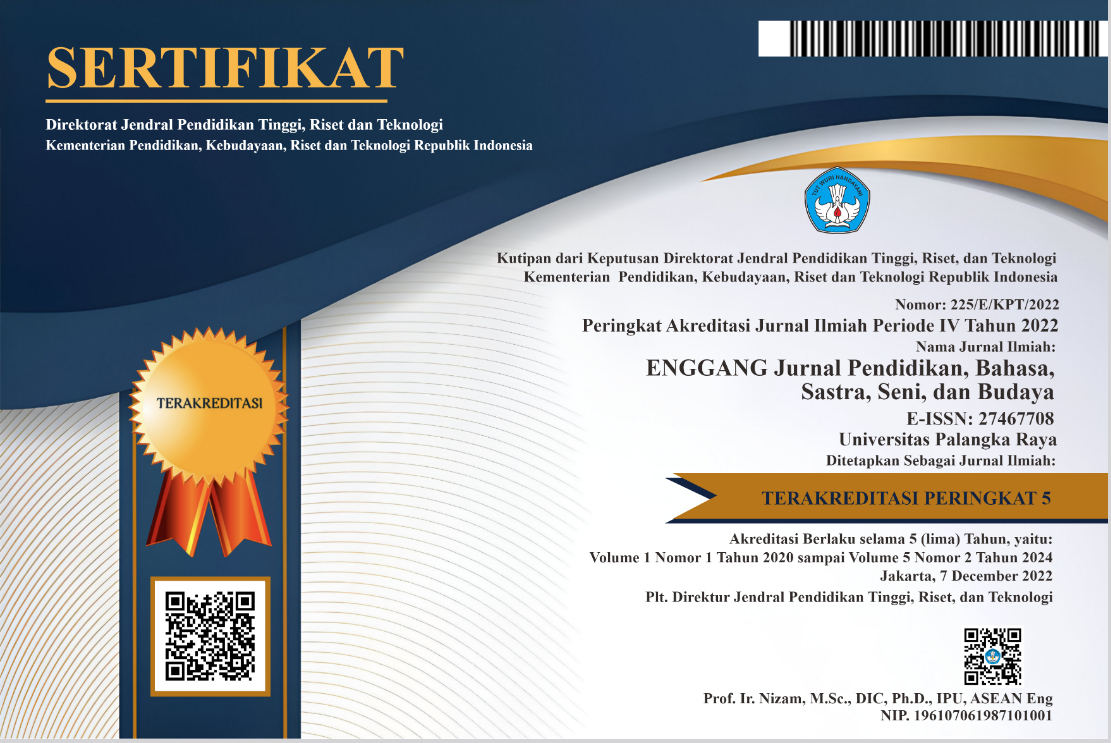Meningkatkan Literasi Data Melalui Kecerdasan Buatan (AI): Sebuah Pendekatan Toastmaster International
DOI:
https://doi.org/10.37304/enggang.v5i2.16944Keywords:
Literasi Data, Kecerdasan Buatan, Pendekatan ToastmasterAbstract
Data Literacy is the essential competency in this digital era. However, there is a lot of college students have difficulty in comprehending and delivering the information data-driven information effectively. This study aims to explore the potential of Artificial Intelligence (AI) in enhancing data literacy through implementation of International Toastmaster project which has been proven effective in developing speaking and leadership skill. Mix method is conducted in this study which involve 30 english literature students of State University of Medan who have follow International Toastamaster program. This study evaluates the influence of Artificial Intelligence (AI) which is intergrated in 10 International Toastmaster project for developing data literacy within the framework of a structured Toastmasters program. The data was collected through questionaires, interviews and survey for evaluating data literacy level of the students. The finding of this study shows that the integration of Artificial Intelligence (AI) in 10 International Toastmaster project can significantly improve students’ ability in analyzing, interpreting and presenting data findings. The finding indicates that the integration can increase essential speaking skills to face challenges in an increasingly data-dependent era.
Downloads
References
Buckingham, D. (2010). Defining digital literacy. In B. Bachmair (Ed.), Medienbildung in neuen Kulturräumen (pp. xx–xx). VS Verlag für Sozialwissenschaften. https://doi.org/10.1007/978-3-531-92133-4_4
Faisal, A. H., Anshori, D. S., Sastromiharjo, A., & Mulyati, Y. (2024). Designing a data literacy-based speaking skills assessment instrument for high school students. JISAE: Journal of Indonesian Student Assessment and Evaluation, 10(1), 1–9. https://doi.org/10.21009/jisae.v10i1.43780
Girshick, R., Donahue, J., Darrell, T., & Malik, J. (2014). Rich feature hierarchies for accurate object detection and semantic segmentation. In Proceedings of the IEEE Conference on Computer Vision and Pattern Recognition (pp. 580–587). IEEE. https://doi.org/10.1109/CVPR.2014.81
Hartati, R., Meisuri, & Ginting, S. A. (2022). International Toastmaster evaluation guide strategy to improve public speaking competence. In 4th International Seminar on Language, Art, and Literature Education (ISLALE) (pp. 285–297). Universitas Negeri Medan. https://digilib.unimed.ac.id/id/eprint/50101
Hartati, R., Meisuri, & Ginting, S. A. (2022). Modified international Toastmaster approach to improve public speaking competence. SALTeL Journal (Southeast Asia Language Teaching and Learning), 5(2), 38–46. https://doi.org/10.35307/saltel.v5i2.95
Hilger, K., Gamböck-Strätz, J., & Biedermann, C. (2023). Getting data literacy education ready for the future. In IFIP Advances in Information and Communication Technology (Vol. 688, pp. 482–494). Springer. https://doi.org/10.1007/978-3-031-42622-3_34
Hogg, D. C. (1996). Artificial intelligence. In Artificial Intelligence. Academic Press. http://www.sciencedirect.com/science/article/pii/B9780121619640500091
Hsu, T. C. (2011). Enhancing college students’ global awareness through campus Toastmasters clubs. International Journal of Research Studies in Education, 1(1), 21–34. https://doi.org/10.5861/ijrse.2012.v1i1.1
Misnawati, M. (2023, April). ChatGPT: Keuntungan, risiko, dan penggunaan bijak dalam era kecerdasan buatan. In Prosiding Seminar Nasional Pendidikan, Bahasa, Sastra, Seni, dan Budaya (Vol. 2, No. 1, pp. 54–67).
Muhammadiah, M., Pattiasina, P. J., Khasanah, K., & Pirdaus, A. (2021). Relevance of speaking skills with improving digital literacy skills. International Research Journal of Management, IT and Social Sciences, 8(6), 669–678. https://doi.org/10.21744/irjmis.v8n6.1975
Murphy, K. P. (2012). Machine learning: A probabilistic perspective. The MIT Press. http://link.springer.com/chapter/10.1007/978-94-011-3532-0_2
Russell, S. J., & Norvig, P. (2010). Artificial intelligence: A modern approach (Global ed.). Pearson.
Sepriyanti, N. (2023). Mixed method research. Jurnal Review Pendidikan dan Pengajaran, 6, 2402–2410. http://journal.universitaspahlawan.ac.id/index.php/jrpp
Taş, E. (2024). Data literacy education through university-industry collaboration. Information and Learning Science, 125(5–6), 389–405. https://doi.org/10.1108/ILS-06-2023-0077
Wolff, A., Gooch, D., Cavero Montaner, J. J., Rashid, U., & Kortuem, G. (2016). Special issue on data literacy: Articles creating an understanding of data literacy for a data-driven society. The Journal of Community Informatics, 12(3), 9–26. https://www.ci-journal.net/index.php/ciej/article/view/1286
Yilmaz, R., & Karaoglan Yilmaz, F. G. (2023). Augmented intelligence in programming learning: Examining student views on the use of ChatGPT for programming learning. Computers in Human Behavior: Artificial Humans, 1(2), 100005. https://doi.org/10.1016/j.chbah.2023.100005













